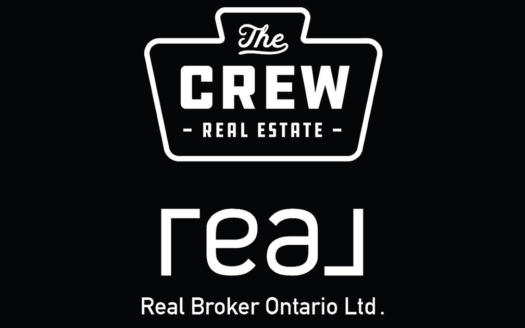‘Cash for Houses’ Companies and the Costly Mistakes that Happen
Most of these Cash for Houses companies are not providing the experience they advertise or in some cases, promise to the home owners they work with. Due to the fact that they market themselves as a lifeline to those in financial hardship, a lot of people view them as predatory.
There are some companies that legitimately do want to take ownership of the house, renovate and either rent it out or sell it. There are a lot of companies that offer cash for homes that have zero intention of keeping the house, but use the opportunity to try and acquire a purchase contract for the lowest price possible, in order to assign the contract to new buyers for a profit.
Laurie Thompson was facing a financial crisis. The pandemic had shuttered the bar where she worked, and her monthly mortgage payments were about to double due to rising interest rates. Foreclosure loomed, and she needed a quick solution.
Desperate, Thompson explored the neighborhood for options and found advertisements from companies offering to buy houses for cash. She even received a hand-written flyer in the mail, promising a hassle-free sale with no renovations, open houses, or Realtor commissions.
One particular company, Honest Home Buyers Incorporated (HHBI), based in nearby Hamilton, caught her eye. Their website touted “cash in your hand quickly,” along with promises of more money in her pocket, a fast closing date, no Realtor fees, and the possibility of receiving a check on the same day. Thompson knew she wouldn’t get the top dollar, but she was willing to make the trade-off for a swift sale.
The Pitfalls of ‘Cash for Houses’ Companies
Thompson’s encounter with HHBI raises concerns about the unregulated world of “cash for houses” companies. Unlike Realtors, these businesses lack professional responsibilities and can operate without oversight. They often target vulnerable individuals who are facing financial hardships, offering a lifeline with promises of quick cash.
However, the contracts these companies use are often misleading and contain clauses that favor the buyer. An “assignment” contract, which allows them to sell the property to another buyer before the closing date, can result in lost profits for the seller. In contrast, licensed real estate agents may take a commission but leave any additional profits for the seller.
Her contract with HHBI allowed the company to flip her house to new buyers for $60,000 more than the initial offer, without any of the profit going to her.
Thompson, like many others, wasn’t fully aware of these terms and discovered them too late. Her contract with HHBI allowed the company to flip her house to new buyers for $60,000 more than the initial offer, without any of the profit going to her.
That’s right, $60,000. Out of her pocket.
The original contract was signed that day at $575,000 but then cancelled by HHBI so they could offer a new contract to Thompson valued at $550,000. The value of assigned contract negotiated by HHBI with the new buyers was $610,000.
Assigning an agreement of purchase in real estate is completely legal unless there’s language to the contrary in the contract. This usually takes place for pre-construction builds where an investor will enter in to an agreement to purchase a new build from a developer speculating that the value of the final product will have gone up. Once it gets closer to the time of occupancy, the assignor will attempt to sell the contract on assignment to a buyer for the new elevated market value.
The Need for Regulation
The “cash for houses” industry operates in a gray area, with no official oversight or tracking. Anyone can enter this field with minimal startup costs, and the contracts they use often lack transparency. Some contracts even allow the companies to back out of a deal if no buyer materializes, further disadvantaging the seller.
As a solution, experts recommend turning to licensed real estate agents for those looking to sell their homes. Alternatively, for those considering a cash deal, consulting with a lawyer before signing any contracts is advised to ensure clarity and fairness.
In the absence of regulation, housing market analyst Ben Rabidoux suggests that provinces should introduce rules regarding assignment contracts to protect sellers from potential exploitation. While some company owners argue that they have helped more than harmed, it’s clear that the lack of oversight leaves homeowners vulnerable to predatory practices.
A Warning to Those Mulling Their Options
Thompson’s experience serves as a cautionary tale. She wants to warn others not to rush into deals with “cash for houses” companies, no matter how dire their circumstances may be. She felt taken advantage of and hopes her story can help others avoid the same costly mistake.
In conclusion, when considering a cash sale for your home, it’s crucial to proceed with caution and seek professional advice to protect your interests in an industry that often lacks transparency and regulation. Having a lawyer look over any and all paperwork to do with any transaction you plan on being a part of that do not include licensed professionals. Don’t get taken advantage of and make sure that those involved in the transaction are looking out for your best interests.





Pingback:Assignment Contracts in Ontario Real Estate | Matt Allman - The Crew Real Estate
Its like you read my mind! You appear to know so much about this, like you wrote the book in it or something.
I think that you could do with a few pics to drive the message home
a bit, but instead of that, this is magnificent blog.
An excellent read. I will definitely be back.